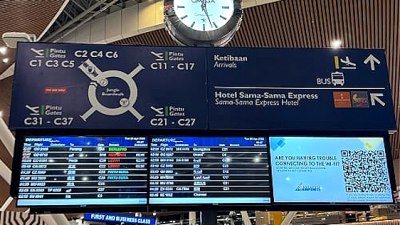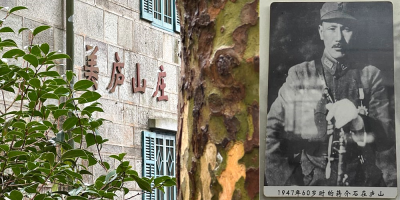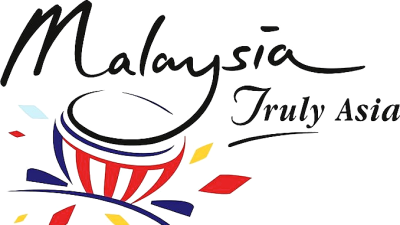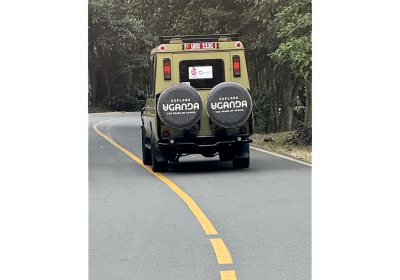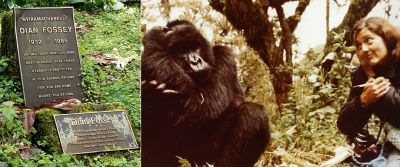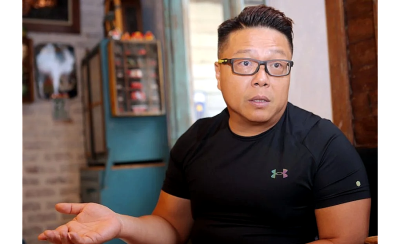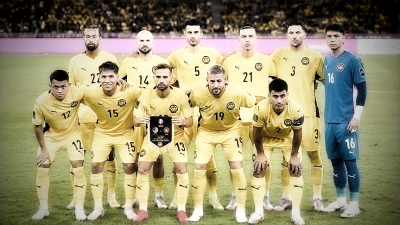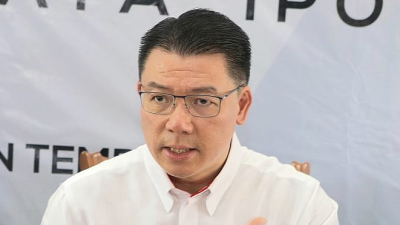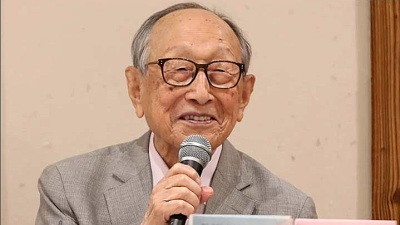Mid-1995. Still nine more months to go before my graduation. Compared to my classmates, I was a “mature student” at the age of 31.
Being a little older could be an embarrassment. However, be it before or after I arrived in Japan, I appeared to be way more mature and steady compared to the other students, thanks to my relatively rich previous work and social experiences as well as the international economics theoretical equipment at the university. At least my brain was full of business ideas and I had full confidence to embark on my own business plan.
So, you might guess I was all geared to jump into the business of my choice? Not yet!
To be honest, I knew very well that deep inside me something was missing, but I just couldn’t tell what. Probably that included hesitation, feeling of uneasiness, and some indescribable feelings. Luckily, friends offered a word of advice: The business society is full of apparitions; starting a business without much experience could be a big risk. Why don’t you get a related job first to learn the art of doing business?
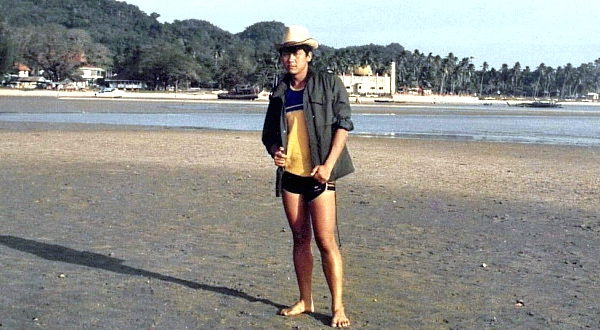
I have to agree I paid little heed to such advice, but I knew I didn’t do things on the spur of the moment. The fact is, I chose what I loved, and loved what I had chosen. Travel business was all in my head, and that was also a good time for outbound tours in Malaysia. I just didn’t want to let go of such a rare opportunity.
As such, I persisted that I would start my business as soon as I went back to Malaysia. I could not afford to stop at the stage of planning only. I had to jump into action quick, and assess my next course of action as things went.
I used to admire other countries, thinking that the cultural and educational standards of these foreigners (among those I earliest met: Japanese, Taiwanese, Koreans and some Chinese) are generally higher than us.
They generally would take the initiative to pursue better quality of life, and know very well the true meanings of enjoying life, especially in food and travel. They are no longer contented with just filling their stomachs while on vacation, but stress a lot more on thematic itineraries and deeper pursuits, such as sakura hanami and maple leaf tours.
On the contrary, Malaysians’ oversea travel itineraries are no better than torture: waking up early in the morning, catching up some sleep on the bus, waking up again only at designated toilet stops. Because of this, I saw the opportunity. I always felt that I should arrange some truly meaningful, cultured and themed travel plans for my fellow countrymen. This should be the big direction for all destinations, I vowed.
So, let’s start with Japan.
I opted to be more cautious when starting my business. But when it really comes to starting a business, other than previous work experiences and capital, most importantly we must also identify which way to go into the business. If I were to start a travel agency, then my targeted audience had to be direct customers (B2C).
However, if I were to do ground arrangement, my customers would be travel agencies (B2B). The product is always the same, called “travel”, but it can be executed in either of the above two formats. B2C involves higher investment sums and much more complicated product categorisation and staff operation. I felt that my biggest psychological barrier then was largely attributed to my lack of operational and management skills.
I had worked for five years before I went to Japan in 1990. Although I had never been promoted to the managerial level before, I had tried my hands on several part-time positions as well as full-time jobs as a cargo driver, bookstore supervisor, driver-cum-guide, among others. I had come into contact with people and things from different industries and at different levels, and had built up a cache of rich social experiences.
Moreover, during the work study in Japan, I had the opportunity to handle some travel-related matters, such as travel operation plans and itinerary planning for tourists from Malaysia, Singapore, Hong Kong and Taiwan. But even that was not enough for me to go solo and start my own travel agency.
Actually something coincidental happened soon after I arrived in Japan. When I was in Year 1, a Thai Chinese boss in Japan hired me to help him handle some chores related to his trading, F&B and travel agency businesses, probably because I spoke Mandarin and English well. He used to be a well-known tour guide at the 1970 Osaka World Expo, and had remained a tour guide until his once thriving ground arrangement agency wound up in 1986.
Travel business was still very much in his blood, and as such he made up his mind to restart his travel business after his Thai restaurant business in Shinjuku became stable.
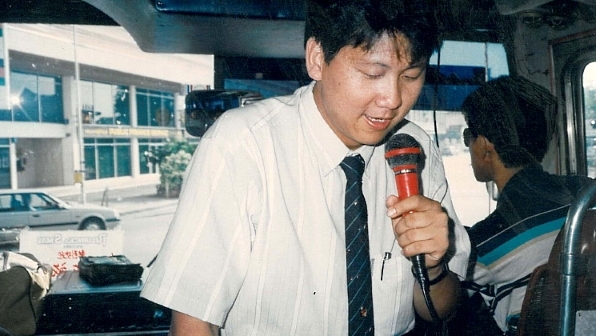
After I stepped into his integrated business, the boss mentioned about a KL travel guy Mr Sunny, his colleague at the Tokyo GA agency back in 1985.
After that I learned plenty about travel business from these two industry “giants”, and learned of their macroscopic tactics in the industry, their strengths, weaknesses, as well as the cunning side of them. With my help, they even partnered each other in a KL venture which unfortunately ended abruptly due to mistrust.
That was actually the first time I came to know that business could be a cruel battleground: you have to destroy your competitors to stay alive.
To further boost the success rate of my future endeavour as a business owner, I proposed to my Japanese boss: why not let me try to work with Mr Sunny? Because of that, I decided to make a trip to KL in mid-1995, nine months before my graduation, to study the business environment back home while discussing with Sunny how to carry on with his travel agency business specialising in outbound Japan tours.
I always believed that it was the Tokyo boss’ fault that the plan between the two men did not work, as Sunny gave me the impression he was an experienced and sincere businessman willing to help newcomers in this line. So in principle we agreed to come out with the money to reactivate his travel agency. I only came to realise much later that I had misjudged the situation!
During that trip back to Malaysia, I explored the potential of the country’s inbound and outbound markets. Back then there were only a handful of Malaysian travel agencies organising tours to Japan, including Mandarin, Reliance, First, SA Tours, KenAir, and some of the more established agencies in the northern region such as Lye Peng and Forever.
As for airline companies, only MAS and JAL flew direct to Japan, and you would need to transit flying Thai, China Airlines, Cathay or SIA.
Back in those years, fewer than 100,000 Malaysians visited Japan annually, not to mention the trouble of having to apply for a visa. And this number included countless illegal migrants working in Japan.
With a crystal clear concept in mind, before I even graduated I rushed back to KL with my “master plan” and RM60,000 of crowd-funding capital to continue working with Mr Sunny, and the sheer thought of it would put a big smile on my face before I went to bed each night.
Today, you can see how the young people start their businesses in year 2020. Following the decline of Hong Kong-style restaurants, we see a flood of cafes, bubble milk tea shops, omakase, hot pot and other chain stores mushrooming in our cities and towns. Many young people seem to be keen on going into the F&B industry.
But the thing is: such investments invariably involve hundreds of thousands if not millions of ringgit in input. I wonder how these people get the money.
Looking back 25 years, I was extremely careful in every cent I spent. All I had was RM60,000 only, and even that was raised through crowd-funding. For your information, the selling price of a 20-year-old single-story terraced house in Taman Midah Cheras was RM90,000 in 1995, and its monthly rent was RM650. Similar property should fetch RM600,000, and monthly rent of RM1,200 today.
My so-called crowd-funding was actually years of savings from myself and my wife, plus my old friend Koh-san and several tour guide buddies still studying in Japan at that time.
Sure enough they had faith in my foresight, and believed I would make an excellent boss.
Unfortunately the hard earned savings they invested in me went down the drain barely a year later.
I never expected myself to fall so miserably into the business trap intentionally set up by someone I trusted. I was forced to pay an exorbitant price to pick up a lesson, but it also forced me to learn to turn a crisis into opportunity.
The result? I would say it was well worth the price I paid!
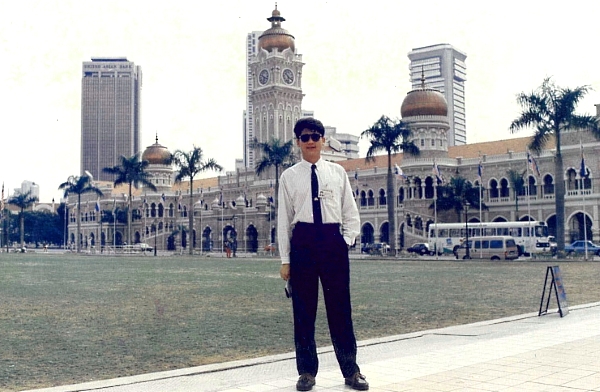
More in the Isshōkenmei series
(Lee San is Founder and Group Executive Chairman of Apple Vacations. He has travelled to 132 countries, six continents, and enjoys sharing his travel stories and insights. He has also authored five books.)
ADVERTISEMENT
ADVERTISEMENT






